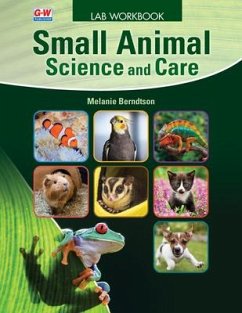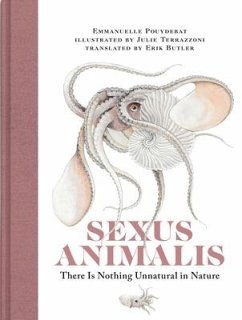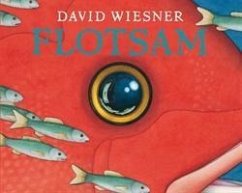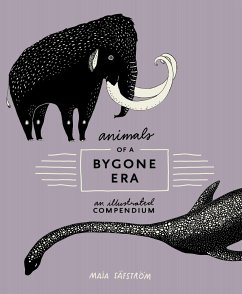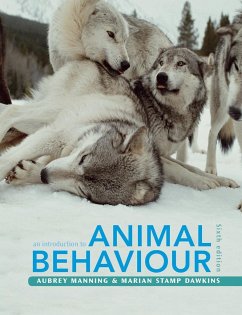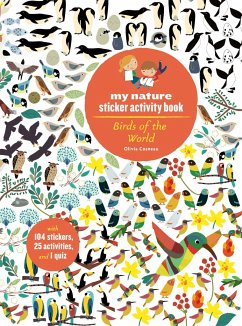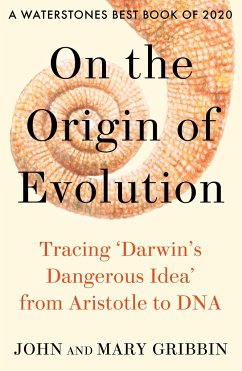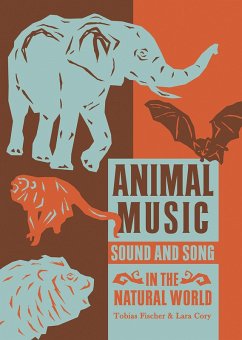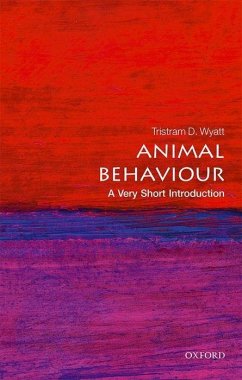Dr. John Rayfield is a Professor and serves as the program coordinator for Agricultural Education in the Department of Agricultural Education and Communications at Texas Tech University. Dr. Rayfield earned his bachelor's degree in agricultural education from Auburn University, his master's degree in agricultural extension from the University of Georgia, and his doctorate of education in agricultural education from Texas Tech University. In 2001, his school's FFA chapter was recognized as the Outstanding Middle School Program in the nation by National FFA. Dr. Rayfield has been recognized at many levels for his teaching, research and service to agricultural education. He is a Texas Tech Integrated Scholar, Auburn University College of Education Outstanding Alumni, two time Journal of Agricultural Education Author of the Year and a Fellow in the American Association for Agricultural Education. Dr. Rayfield is actively involved in livestock showing and judging. He has served as superintendent for the National 4-H and National FFA Livestock Judging Contests and has judged junior and open livestock shows across the United States. Dr. Kasee Smith is an Assistant Professor in the Department of Agricultural Education, Leadership, and Communications at the University of Idaho, where she instructs undergraduate and graduate level courses related to training secondary high school agricultural educators and connecting people to agriculture. Dr. Smith earned her bachelor's degree in agricultural education at Utah State University in 2002 and taught high school agriculture for 11 years. Dr. Smith's high school program was focused on the integration of all portions of the three-component model of agricultural education. Her program, which was recognized as a National FFA Model of Innovation chapter, produced numerous CDE, LDE, and Proficiency winners. Dr. Smith was recognized as the Region I Ideas Unlimited winner and Teacher Turn the Key Winner through the National Association of Agricultural Education, and served as an officer within the Utah Association of Agricultural Educators. Dr. Smith served on the Utah State Department of Education Instructional Materials Review Committee, was recognized as an outstanding teacher, and completed numerous curriculum development projects for agricultural education classes. Dr. Smith completed her PhD at Texas A&M University in 2016 and began working at the University of Idaho. Since that time, she has been preparing agricultural educators in the Pacific Northwest and has a small flock of club lambs and an equine operation in Northern Idaho. Dr. Jeremy Falk teaches high school agriculture in Ohio where he also raises sheep for show and production. As a teacher, he strives to incorporate the total program model for every student and develop career-ready skills. Dr. Falk has also served as an Associate Professor at University of Idaho in Agricultural Education to help prepare future teachers. His research focuses on community support, communications, and teacher behaviors. While in Idaho, Dr. Falk worked with the university sheep center to raise registered Suffolk that brought value as terminal sires and productive females. Dr. Falk earned his bachelor's, master's and PhD at The Ohio State University. Kattlyn Wolf is a Professor of Agricultural Education at the University of Idaho. She earned bachelor's degrees in Vocational Agriculture and Animal Science from the University of Wyoming, her MS in Agricultural Education from the University of Arizona and her PhD from Ohio State University. She was a member of the Collegiate Meat Judging Team, Sigma Alpha, Alpha Tau Alpha, Block and Bridle and Collegiate FFA and was one of two College of Agriculture Senators in the Associated Students of the University of Wyoming. She received her honorary state FFA degree from Wyoming in 2005, from Idaho in 2015 and her Honorary American FFA Degree in 2018. She is a leader in the American Association for Agricultural Education, serving as the Western Region Vice President from 2022-2024. Dr. Allen Pettey is an Associate Professor of Animal Science at the University of California, Davis campus. Dr. Pettey received his Bachelor of Science in Animal Science from California Polytechnic State University - San Luis Obispo in 1998, went on to receive his Masters of Science in swine nutrition from Oklahoma State University in 2000, and received his Doctor of Philosophy in swine nutrition from the University of Kentucky in 2004. In addition to being an Assistant Professor, Allen is the Director of Animal Science Curriculum Development/Assessment and Master Advisor for Animal Science and Management Major. His research interests include effectiveness of teaching methodologies and technologies as they apply to animal science courses; pedagogically sound approaches to curriculum and course development for traditional and non-traditional animal science students; and applied livestock nutrition focusing on use of alternative feed ingredients. Despite growing up just outside the "Poultry Capitol of the World" of Gainesville, GA, Dr. Drew Parks Benson had very little experience with poultry. Aware of the size and scope of the poultry industry, he took Introduction to Poultry Science as an elective course his sophomore year at the University of Georgia (UGA). This course opened his eyes to the diverse career options, global significance, and dynamic research that goes well beyond his initial perception based only on roadside poultry houses and chicken haulers on the road. The focus on efficiency and sustainability in poultry production and how much the industry has advanced over the past 50 years with an ever-increasing productivity inspired him to study poultry science. Inspired by the field, Drew went on to receive both his Bachelor of Science in Agriculture (2002) and Ph.D. (2006) in poultry science at the UGA. His research is focused on reproductive physiology with the goal of improving reproductive efficiency in commercial poultry. Following a postdoctoral fellowship at Emory School of Medicine and 8 years teaching as a professor at Georgia Gwinnett College, Drew got the opportunity to return to UGA and teach the same courses that inspired his decision to pursue a career in poultry. His primary goal and drive is to share with students the opportunity to make significant contributions to global food security, animal welfare, and environmental sustainability that comes with a career in the field of poultry production. Jessica Fife, a Georgia native, has served as the University of Georgia (UGA) Department of Poultry Science's Outreach Coordinator since August 2016. Jessica leads the department's recruitment initiatives, community outreach and education programs, student affairs, marketing and communication efforts, alumni relations, and more. In addition, Jessica created Georgia's first poultry science curriculum for high school agriculture education classrooms. She tirelessly aims to support agriculture education, amplify undergraduate and career opportunities within agricultural and environmental sciences, and disseminate the importance of the poultry industry and the world-renown work of her peers in the poultry science department. >Noe Alberto Gomez is an education consultant and a high school science teacher in Santa Barbara, California. Mr. Gomez earned his bachelor's degree in animal science from the California Polytechnic State University, San Luis Obispo, and his master's degree in animal biology with an emphasis in ruminant physiology from the University of California, Davis. Subsequently, Mr. Gomez was a research fellow at Washington State University, Pullman, in the areas of nutrigenomics and growth biology. After being diagnosed with macular degeneration, Mr. Gomez transitioned career pathways and became a high school agricultural science teacher. Since then, Mr. Gomez earned an education specialist degree in science education from the University of Massachusetts, Amherst, and teaching credentials in agriculture, medical science, biology, and chemistry. Most recently, Mr. Gomez received his bilingual authorization credential in Spanish through the University of California, Los Angeles. Mr. Gomez has been published in over 14 different peer-reviewed scientific journals in disciplines such as livestock physiology, cellular metabolism, and science education.





